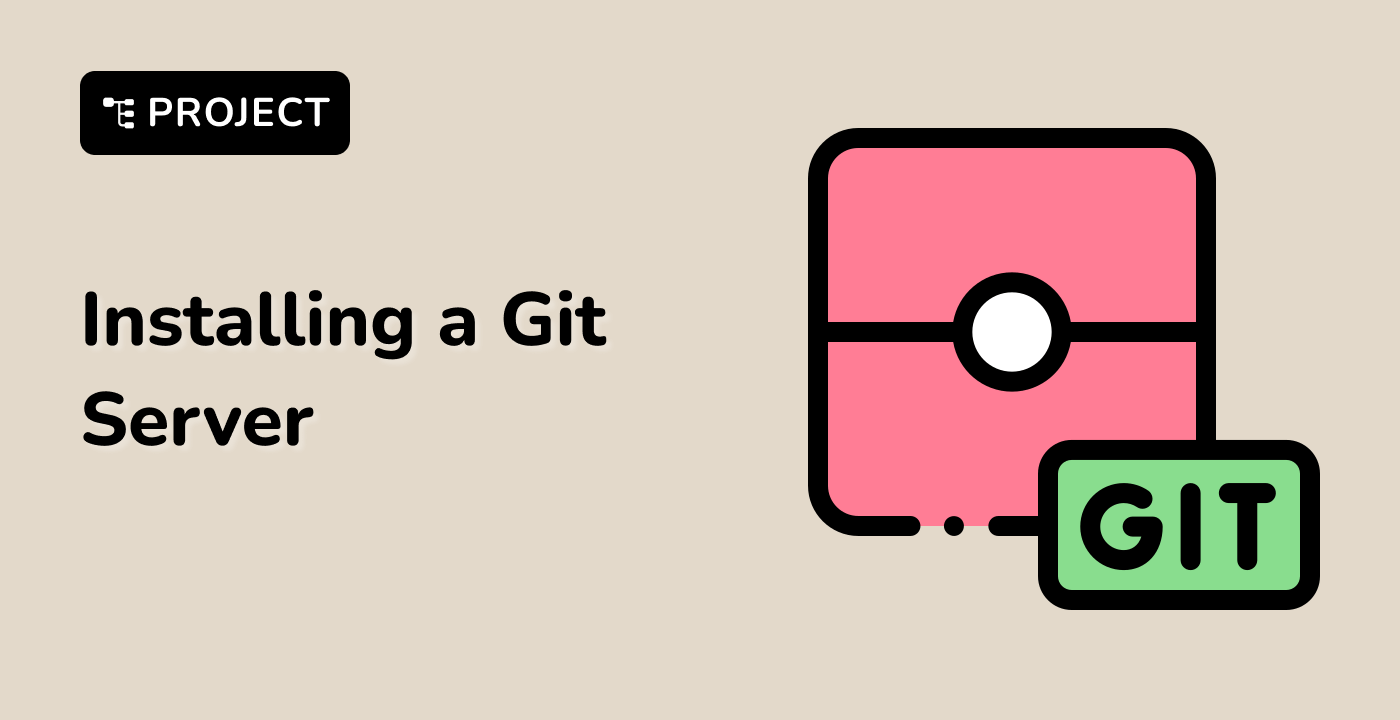Understanding the Benefits of Optimized Code
Optimized code is the cornerstone of efficient software development. By writing and maintaining well-optimized code, developers can unlock a wide range of benefits that contribute to the overall success of a project. Let's explore the key advantages of optimized code in detail.
One of the primary benefits of optimized code is its enhanced performance. Efficient code utilizes system resources, such as CPU and memory, more effectively, leading to faster execution times and smoother application responsiveness. This is particularly crucial in performance-sensitive applications, where every millisecond counts.
Consider the following code example, which demonstrates the difference in execution time between an optimized and a non-optimized version of a simple function:
## Non-optimized version
def calculate_sum(numbers):
total = 0
for num in numbers:
total += num
return total
## Optimized version
def calculate_sum_optimized(numbers):
return sum(numbers)
In this example, the optimized version of the calculate_sum_optimized function, which uses the built-in sum() function, is significantly more efficient than the non-optimized version. The optimized code can provide a noticeable performance boost, especially when working with large datasets or in scenarios where the function is called repeatedly.
Reduced Resource Consumption
Optimized code not only improves performance but also leads to more efficient resource utilization. By minimizing the use of system resources, such as memory and CPU, optimized code can help reduce the overall resource footprint of your application. This is particularly important in resource-constrained environments, such as mobile devices or embedded systems, where efficient resource management is crucial.
Consider the following example of memory usage optimization:
## Non-optimized version
def generate_large_list():
large_list = []
for i in range(1000000):
large_list.append(i)
return large_list
## Optimized version
def generate_large_list_optimized():
return list(range(1000000))
In the optimized version, the use of the list(range(1000000)) construct is more efficient than manually appending elements to a list, as it avoids the need to allocate and manage individual list elements. This optimization can lead to significant memory savings, especially when working with large data structures.
Enhanced Maintainability
Well-optimized code is often more readable, modular, and easier to understand. By adhering to best practices and design patterns, optimized code can be more maintainable, making it simpler to debug, extend, and collaborate on in the long run. This is particularly important in large-scale, long-term software projects, where code maintainability is crucial for the project's success.
Increased Developer Productivity
By automating code optimization tasks and providing intelligent suggestions, tools like GitHub Copilot can significantly boost developer productivity. Developers can focus on more strategic and creative aspects of the development process, leading to faster delivery and a higher quality of the final product.
In the following section, we'll dive deeper into the specifics of using GitHub Copilot to optimize your code efficiently.




